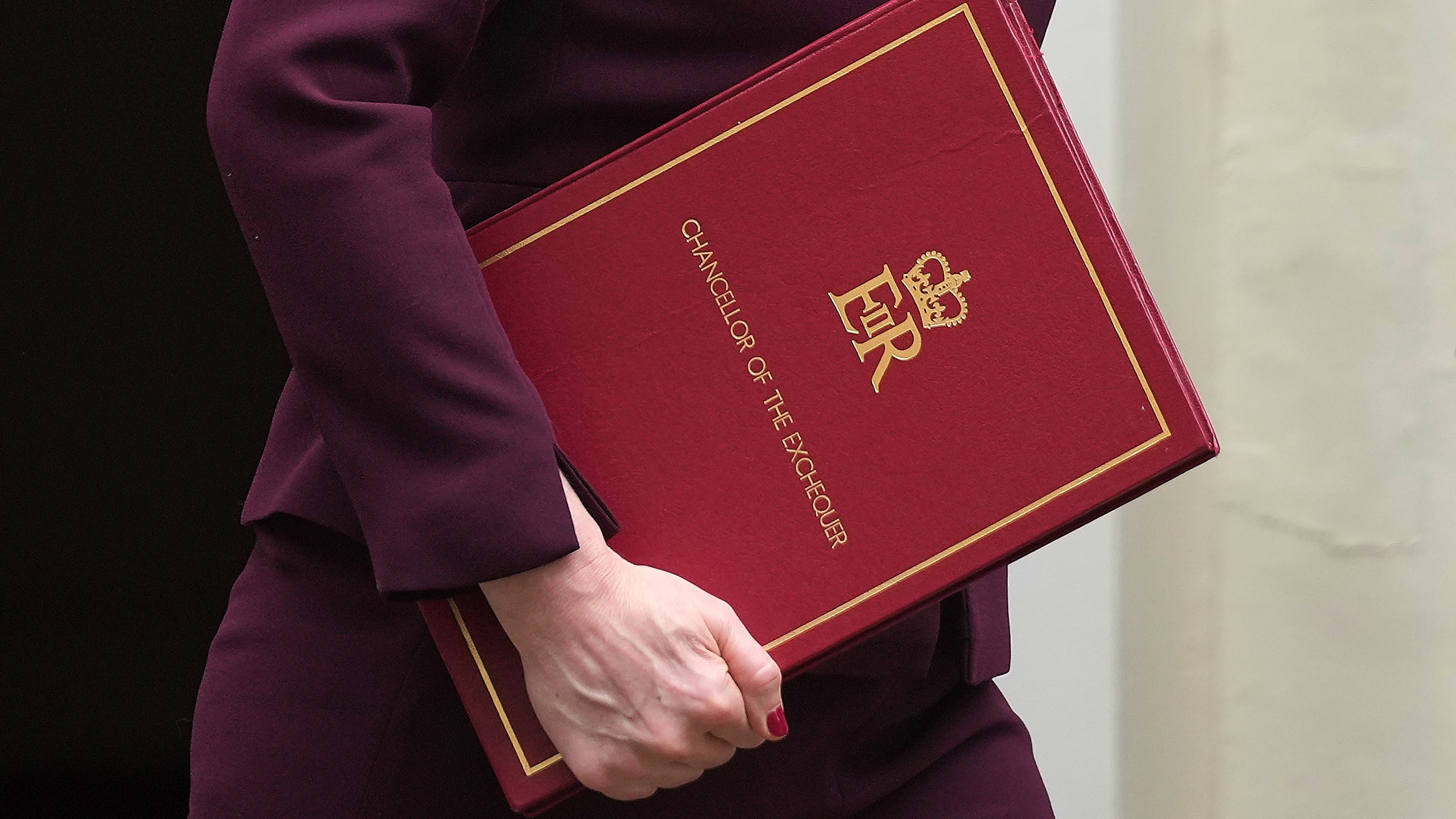BG Group (BG.) reported a strong quarter thanks to improved liquid natural gas (LNG) results which offset a slight decline in Upstream operating profit. Total operating project rose 11% to $1,992 million as a result of a 44% increase in LNG operating profit to $749 million.
The LNG segment benefited from a mix of more cargoes and higher prices. Upstream operating profit slipped 2% to $1,231 million as improved production mix and higher oil prices failed to offset the 10% decline in production due to issues in Egypt, curtailments in the U.S., and shutdowns in Trinidad and Tobago. Thanks to Brazil, BG saw oil volumes grow to 135 million barrels per day from 96 a year before. While accompanied with higher costs, the greater realizations from oil compared with natural gas resulted in improved margins.
E&P operating margins increased to $24.10/boe from $21.65/boe last year. We expect the margin improvement to continue. Brazilian production should continue to grow and become a larger portion of the portfolio. Meanwhile, QCLNG – the world's first project to turn gas from coal seams into liquefied natural gas – remains on schedule for start-up later this year, which should also contribute higher margin production growth. QCLNG, however, also presents the biggest near-term risk for BG given the potential for a union strike that could delay start-up.
BG's strategy of connecting low-cost natural gas resources to high-value markets via LNG has resulted in the company delivering returns in excess of its cost of capital. As a result, we assign the company a narrow moat. A central component of BG's strategy is flexibility. By participating in the global LNG trade, BG can identify the highest-value market at any time and divert its own production or contracted cargo to that location. The incremental value BG achieves accrues to both its exploration and production and LNG operations, supporting returns for both segments. At the same time, BG owns capacity at key LNG import terminals in the U.S. and the United Kingdom, where it can land cargo at its own discretion, depending on current pricing. Also, LNG pricing is linked to crude oil prices, resulting in higher returns.
BG also has a high-quality resource base built through years of exploration success. Perhaps the most compelling discoveries led to BG's position in Brazil. We expect BG could realize more than six billion barrels of oil equivalent of reserves from its current concessions, the bulk of which should be oil volumes linked to Brent pricing. Thanks to early entry into the region, BG secured leases and terms that are no longer available to competitors because of recent changes in Brazilian oil laws.
Despite the dour near-term outlook and QCLNG risk, we continue to have a positive long-term outlook on BG as 2015 and beyond should be marked by production growth, margin improvement, rising free cash flow, and improving returns. In addition, as other regions contribute greater amounts of production, BG’s leverage to Egypt should diminish. Despite our thesis, we think shares are fully valued as speculation on transformative asset sales, which is likely in our opinion, and a potential takeover, which we consider unlikely, has shares trading close to our fair value estimate. Management offered little more in guidance on possible sales other than indicating the list of candidates had been narrowed and implying Brazilian assets were included.





























